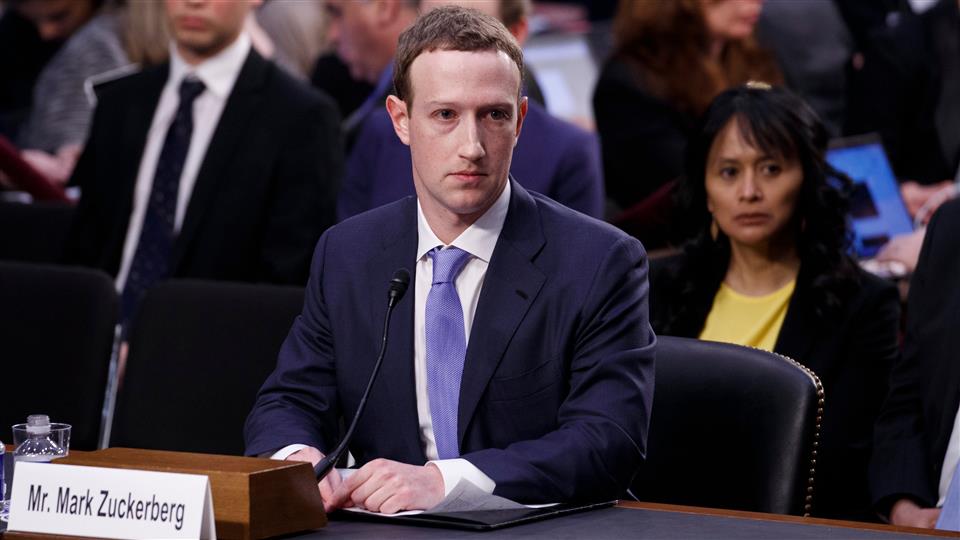Amidst Facebook privacy concerns, information regarding a discontinued Facebook facial recognition app has surfaced.

While facial recognition is nothing new to the tech-world, Facebook has come under scrutiny regarding a 2016 discontinued facial recognition app.
The app was developed and used amongst Facebook employees, allowing them to identify users using their mobile phone camera. According to Business Insider, employees could point their camera at a person and their name and profile picture would show up momentarily. The social media giant defended the app, saying that it was only ever able to identify Facebook employees and friends of the employee.
“As a way to learn about new technologies, our teams regularly build apps to use internally. The apps described here were only available to Facebook employees, and could only recognize employees and their friends who had face recognition enabled” – Facebook spokesperson via CNET
With the app being developed prior to the Cambridge Analytica hearings, one can only imagine what type of data-stripping technologies Facebook has access to.
Should we be surprised?
With recent events indicating that Facebook may not be a safe haven for our deepest, darkest secrets, should we be surprised that Facebook has attempted to mine for more data?

Cambridge Analytica
2018 sparked one of the most memorable conspiracies to date with Cambridge Analytica and Facebook teaming up to invade our privacy. Over 50 million Facebook users and their data were exposed to Cambridge Analytica by Facebook. Eventually, this data was used by Cambridge Analytica to influence American voters.
“I’ve been working to understand exactly what happened and how to make sure this doesn’t happen again. The good news is that the most important actions to prevent this from happening again today we have already taken years ago. But we also made mistakes, there’s more to do, and we need to step up and do it,” said CEO Mark Zuckerberg.
Following this incident, former Facebook employees shared that there has always been tension between the security and privacy team in terms of how user privacy is prioritised.
The incident was brought to a close this year as the social media giant was fined $5 billion by the US Federal Trade Commission for the mishandling of user information.
Facebook was also accused of sharing user data with other big companies including Microsoft, Netflix and Amazon in 2018, adding to their not-so-brilliant track record.
The aftermath of these concerns weren’t the greatest for Zuckerberg as he was soon questioned by congress.
Audio invasion
In August this year, Facebook revealed that they had been hiring external contractors to ‘review’ audio sent between users. Much like users, the contractors were kept in the dark, not being told where or how the audio was recorded but to simply ‘transcribe’ it. As per Bloomberg, the contractors felt they were performing unethical duties, as users were not made aware of the fact that third parties may review their audio content.
Facebook’s practice of reviewing audio only came to a halt following Google and Apple’s decision to do so. The tech-giants paused human audio review after coming under scrutiny from the public.
“Much like Apple and Google, we paused human review of audio more than a week ago” – Facebook, August 2019
Tagging and facial recognition
Earlier this year, Facebook revamped policies regarding their ‘tagging’ feature. The original feature assumed users agreed to having their faces scanned in order to make ‘tagging’ easier. However, following the revamp this feature is now disabled until activated by the user.
“The surveillance-based business model of Facebook and Google is inherently incompatible
with the right to privacy and poses a threat to a range of other rights including freedom of opinion and expression, freedom of thought, and the right to equality and non-discrimination.” – Amnesty International
At this point, I wouldn’t be surprised if Zuckerberg knew more about my life than I do myself. The facial recognition app never was released, thankfully, but it is an indicator of where we might be headed in the near future. With such an emphasis on data, it’s only a matter of time before the tech-giants need a face to match the data they’ve collected.
Subscribe to FIB’s newsletter for your weekly dose of music, fashion and pop culture news!







